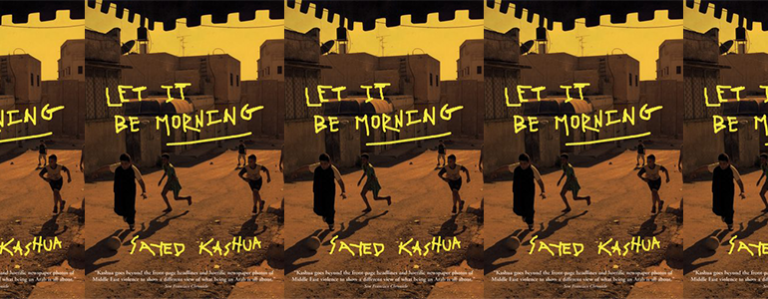Manhattan Beach’s Portrayal of the Ocean
In Jennifer Egan’s 2017 novel, the ocean invites characters to dream beyond the confines of their own lives, to become a true part of the world.

In Jennifer Egan’s 2017 novel, the ocean invites characters to dream beyond the confines of their own lives, to become a true part of the world.

In her skin-piercing style, Sharon Olds demonstrates that legitimacy doesn’t always come from support and encouragement. Proof of existence, of value, can sometimes come from the darkest places.

A murky, hopeless, disenchanted life view is at the heart of Ariel Horowitz’s debut novel, which follows a veteran politician, his son who is new to public life, and his unambitious weed dealer grandson.

No matter how we try to hide mortality—or hide from it—the temporary nature of all that we have finds ways of invading our consciousness, like a corpse that grows putrid as the days go by, forcing us to acknowledge and deal with its presence.

Watching her daughter struggle through the emotions, excitements, and inequities of childhood seems to bring to mind Liv Ullmann’s own painful childhood, punctuated by her father’s untimely death and his family’s disownment of herself and her mother.

Sarah Shilo’s 2005 novel explores the repercussions of trauma without support, tragedy without aid.

In Michelle Zauner’s 2021 memoir and Russell Banks’s 1991 novel, unfathomable loss catapults people into unknown realms of pain and lonesomeness—but with time, trauma also leads them back to selves they had always contained but almost forgotten.

In Sayed Kashua’s 2004 novel, when injustice drips in bit by bit, it is easy to adapt—though with every such adaptation, reality shifts until finally it is irrevocably transformed.
In Shifra Cornfeld’s “Aloha Cars” and Paul Bowles’s “A Distant Episode,” colonial fascination with a place and a culture leads each story’s protagonist to objectify and underestimate a place’s people, ultimately driving the protagonist to a downfall of their own making.
No products in the cart.